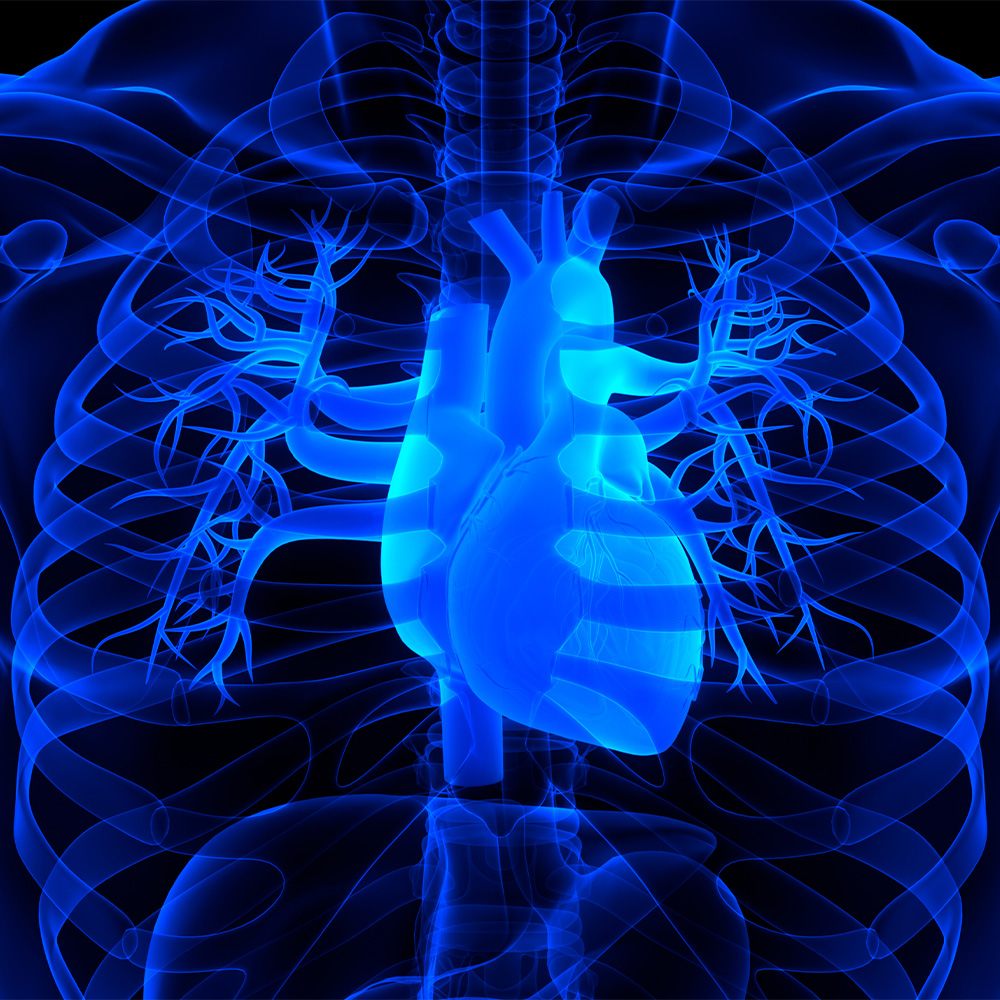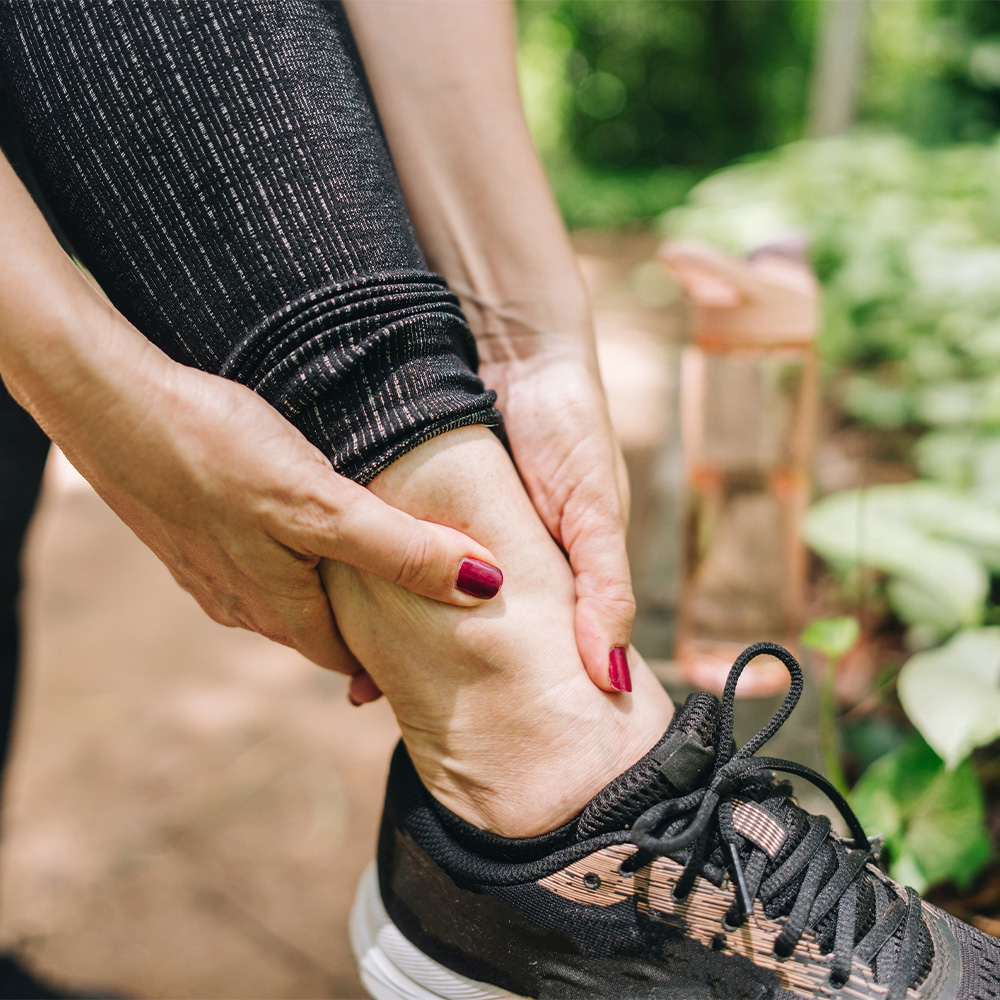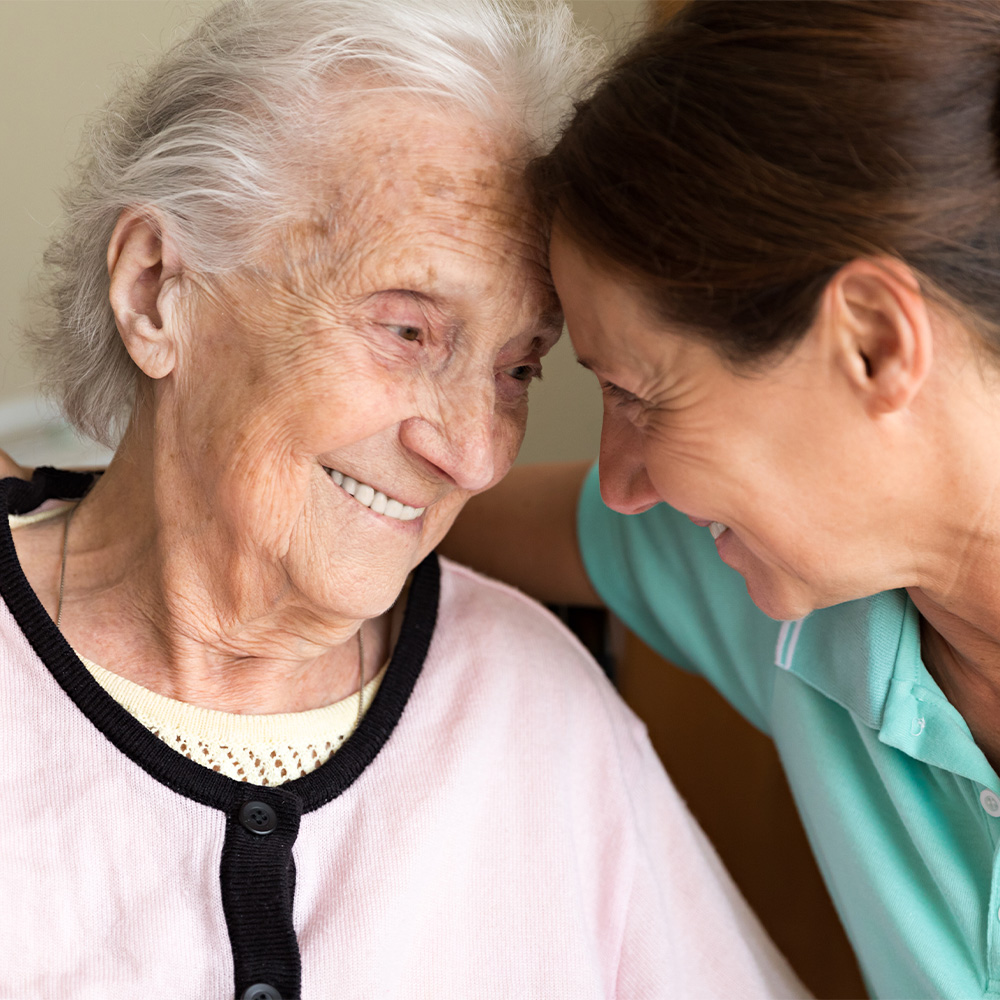Avoid ski-related injuries
DALLAS – November 2016 – If winter means you’re headed to the slopes, UT Southwestern Medical Center’s sports medicine physicians remind you that preparation is critical to avoiding injuries.
Getting in shape before you hit the ski trails is among the best preparation, especially if you haven’t been skiing in a while, says Robert Dimeff, M.D., medical director of sports medicine at UT Southwestern. Exercises to strengthen the core are crucial. Abdominal, lower back, hip, and lower leg muscle strengthening typically is advised. This may include abdominal crunches, back extensions, squats, lunges, and balance exercises.
“However, any exercise regimen should be coordinated with your primary care physician, or a sports medicine specialist for more advanced athletes, to be sure it takes into account your health history,” says Dr. Dimeff, who advises professional athletes and teams.
Injuries are more frequently reported when skiers are fatigued, such as at the end of the day or the end of a ski vacation week, as well as in the early morning, when skiers have not yet warmed up, according to the American Orthopaedic Society for Sports Medicine (AOSSM). Aerobic workouts can assist in improving stamina and reducing fatigue, though again, it’s important to talk with a physician first, Dr. Dimeff says.
Here are some other tips to help prevent or lessen the severity of common ski-related injuries:
- If you have never tried skiing, take time to learn techniques for moving, stopping, and falling from a professional instructor, rather than just relying on haphazard tips from friends. Pick an easy, starter slope that’s aimed at others also learning how to ski.
- Check to make sure that your ski binding is working properly prior to your vacation and then perform a self-release test at the start of each day. Check with the ski shop experts if you are uncertain of proper settings.
- Wear a helmet to help protect against head injuries, which are the most common cause of death in ski-related accidents, according to the AOSSM.
- Drop your ski pole when you fall to avoid thumb and hand injuries, one of the most common injuries among skiers, according to the sports medicine society.
- Avoid alcohol and other drugs, including stimulants, which can interfere with your performance, slow response times, or make you jittery or nervous.
Media Contact: 214-648-3404 or Email




